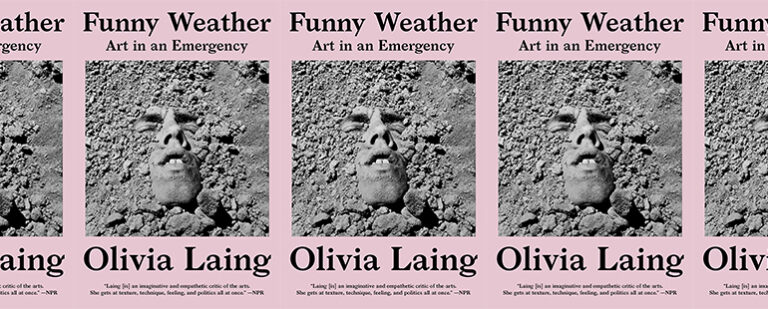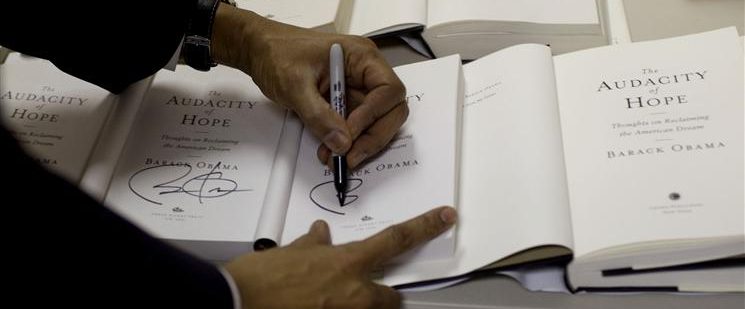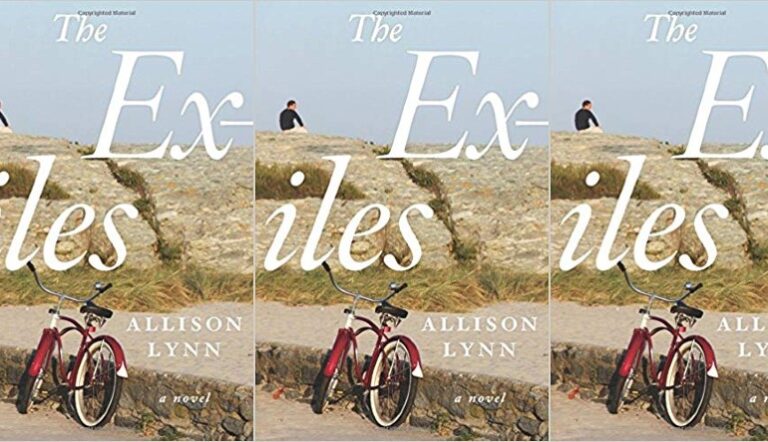The Best Short Story I Read in a Lit Mag This Week: “Sudden Squall” by Judy Reeves

Leaving one’s spouse takes a lot of courage, and in the culture of the 1950s, that was even more the case. In “Sudden Squall” (Connotation Press), Judy Reeves explores a mother making that difficult choice, employing a particular sentence structure to shape the thematic content and reveal her protagonist’s character.
Two versions of this structure appear in the first paragraph of the story, both in privileged locations: the beginning at the end.
Except that the hills rose and fell and nudged the horizon in a rolling cadence, the space that spread before them would have been called wide open…Instead, the Buick nosed up, then down, then up and down again, a lazy roller coaster that lulled Louise and Roseann into napping in the back seat. Anna was the only one of the girls who stayed alert and were it not for the little girl’s insistent chatter, Lilly herself might have lapsed into a daze, or worse, into some reverie of how things might have been.
Were the country different, the nature of the drive would be as well. Were Lilly’s daughter different, so might have been Lilly’s frame of mind. Reeves uses this comparative if/then structure to show not just how Lilly thinks, but that another imagined reality—of how things might have been—is pressing on her.
This is important, because this car ride with her daughters is itself a decision to shape a new reality and escape an old one. Reeves reveals that her intention is to leave her cheating husband Sam to go and live with the children’s Aunt and Uncle.
Further along, she employs that same sentence structure to imagine what life would be like were she not to leave.
If she stayed and let him make up to her, for weeks on end she would have to give permission for each touch. Each time his hand lingered on her wrist, his fingertips grazed her hair. Forgive and forgive and forgive.
Why had she stayed so long? This is the postwar 1950s, when leaving one’s husband came with more social repercussions than in the present day. Reeves also reveals other ways in which Lilly has, until this point, been more of a woman committed to the conventions of her time: she’s only just in the last few weeks learned to drive.
Her driving ability is tested when they are hit by a freak thunderstorm that causes Lilly to lose control of the car. The hurtle off the side of the rode. Everyone is bruised and shaken, but otherwise okay. Reeves then reveals—again using the if/then construction—how the wreck is emblematic of the hazards of leaving her husband.
With Sam behind the wheel the car would still be heading in the right direction—toward home, not away…In the seventeen years they’d been together, Lilly could not remember one time Sam had driven the car off the road…
If everybody were in the right place, Anna’s face would not be gashed open; Lilly would not have her daughter’s blood on her blouse. The car would not be stuck in a muddy ditch on some lonesome blacktop highway between two cornfields as if someone had discarded it here.
Notice how she characterizes home as being “the right direction.” With this section, Reeves powerfully illuminates the reasons why this decision to leave has been so difficult for Lilly, and still is. In the same manner, it reveals how much courage it has taken to even just hit the road: not only does Lilly believe she is in the wrong for leaving, she also believes that were he here, the damage that has already occurred wouldn’t have happened.
So what will she do now? Call for help? Turn around and go back? The car now wrecked, Lilly imagines what Sam would do, and her daughters discuss other options of how to get out of their situation—most of their ideas involve men coming to there rescue. But then something unexpected happens as they sit there in the car, smoking. A Rosemary Clooney song comes onto the radio, and Lilly begins singing along. Soon everyone, despite the circumstances, everyone is singing along.
They sang loud and long, their voices in harmony with one another and with Rosemary Clooney. They held the last note until it filled the car, until it vibrated against the steamy windows and shimmied out through the vents, up and out of the ditch and along the green rows of midsummer corn.
This is a moment of freedom, and I don’t think it’s a stretch to assume that were Sam in the car, their would be no singing. To use the sentence structure that Lilly fittingly leaves behind at the end (along with her husband), were they not to have gone out on their own, they wouldn’t have experienced this beautiful moment of freedom and harmony in the midst of the storm. They’d be safe at home, safe in there “rightful” place as women of the 50s. They’re leaving, not turning back. If they weren’t, I might be describing this story as a tragedy instead of a triumph.


